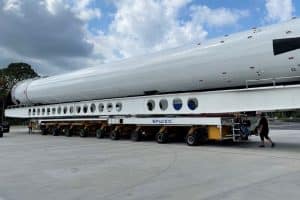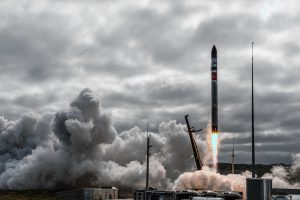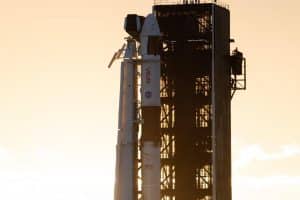- 🚀 SpaceX challenges FAA: SpaceX has sent a strong letter to the FAA criticizing fines over $600,000 as retaliatory for scrutinizing the FAA’s licensing process.
- 🔎 Claims of unfair treatment: SpaceX alleges the FAA has failed to review licensing materials in a timely manner, impacting the company’s technological progress and national priorities.
- 📃 Legal action: SpaceX, led by Elon Musk, plans to sue the FAA, accusing the agency of regulatory overreach and contesting each alleged violation.
- ⏰ Delays impact operations: Regulatory delays have hindered SpaceX’s planned Starship test flights, with the FAA’s approval process lagging well behind the company’s timelines.
- 💼 Current feud implications: The ongoing public feud between SpaceX and the FAA may influence future improvements in the approval process for space endeavors.
The spaceflight industry has always been one of progress and innovation, spearheaded by companies like SpaceX. However, with great innovation often comes great regulation, and the recent tumultuous relationship between SpaceX and the Federal Aviation Administration (FAA) highlights the intricate dance between these two forces. SpaceX has recently taken a bold stance against the FAA, accusing the agency of unfair practices and retaliatory fines, which has led to a public discourse on how best to navigate this critical sector’s future.
Contextual Background
Before diving into the current conflict, it’s essential to understand the context of regulation within the space industry. The FAA has long been charged with ensuring that commercial space launches are safe for both participants and the public. However, as companies like SpaceX push the boundaries of what’s possible, the regulatory framework has been challenged to keep pace.
The Core of the Conflict
1. The Catalyst – A Retaliatory Fine?
SpaceX recently issued a scathing letter to the FAA, outlining its grievances over a fine exceeding $600,000. The central claim is that this penalty is retaliatory, emerging shortly after SpaceX voiced concerns about the FAA’s licensing delays. Here’s why this is significant:
- SpaceX’s Criticism: The company claims that these delays have severe ramifications for their mission schedules, hindering technological advancements and national security priorities.
- FAA’s Stance: On the other hand, the FAA argues that these fines are grounded in regulatory compliance rather than retaliation.
2. Allegations of Regulatory Overreach
Elon Musk has not been shy about his discontent with the FAA’s approach to regulation. SpaceX’s decision to potentially litigate hints at what they identify as “regulatory overreach.” The company contends that the FAA’s procedures are excessively cumbersome and not aligned with the rapid pace of commercial space innovation.
Delays and Their Impact
Delays in FAA approvals have concrete impacts on SpaceX and its operations:
- Starship Test Flights: These delays have pushed back significant test flights, setting SpaceX’s schedule months behind.
- National Implications: With space increasingly seen as a domain of strategic importance, delays may also affect broader national interests.
Broader Industry Implications
1. Public Feud’s Long-term Effects
The ongoing disagreement between SpaceX and the FAA isn’t just a corporate squabble; it’s a critical juncture that could redefine how spaceflight operations are regulated in the future. A few potential outcomes include:
- Streamlining of Processes: If SpaceX wins its legal battles or achieves a more favorable regulatory environment, it could lead to more efficient approval processes for future launches.
- Policy Re-evaluations: Both sides might need to examine their existing policies to strike a balance between innovation and safety.
2. Opinions from the Industry
Industry experts are watching this conflict closely, as it will likely influence:
- Investment in Space Technology: Regulatory unpredictability could either hinder or propel further investment.
- International Competition: As other countries streamline their processes, the U.S. must ensure regulation doesn’t become a bottleneck for leadership in space exploration.
Conclusion
The feud between SpaceX and the FAA is emblematic of the challenges new industries face as they disrupt established norms. As commercial spaceflight becomes increasingly significant, resolving such conflicts will be crucial in determining the industry’s future trajectory. Stakeholders will need to collaborate, ensuring that regulation adapts and supports rather than hinders the remarkable advancements on the horizon.





